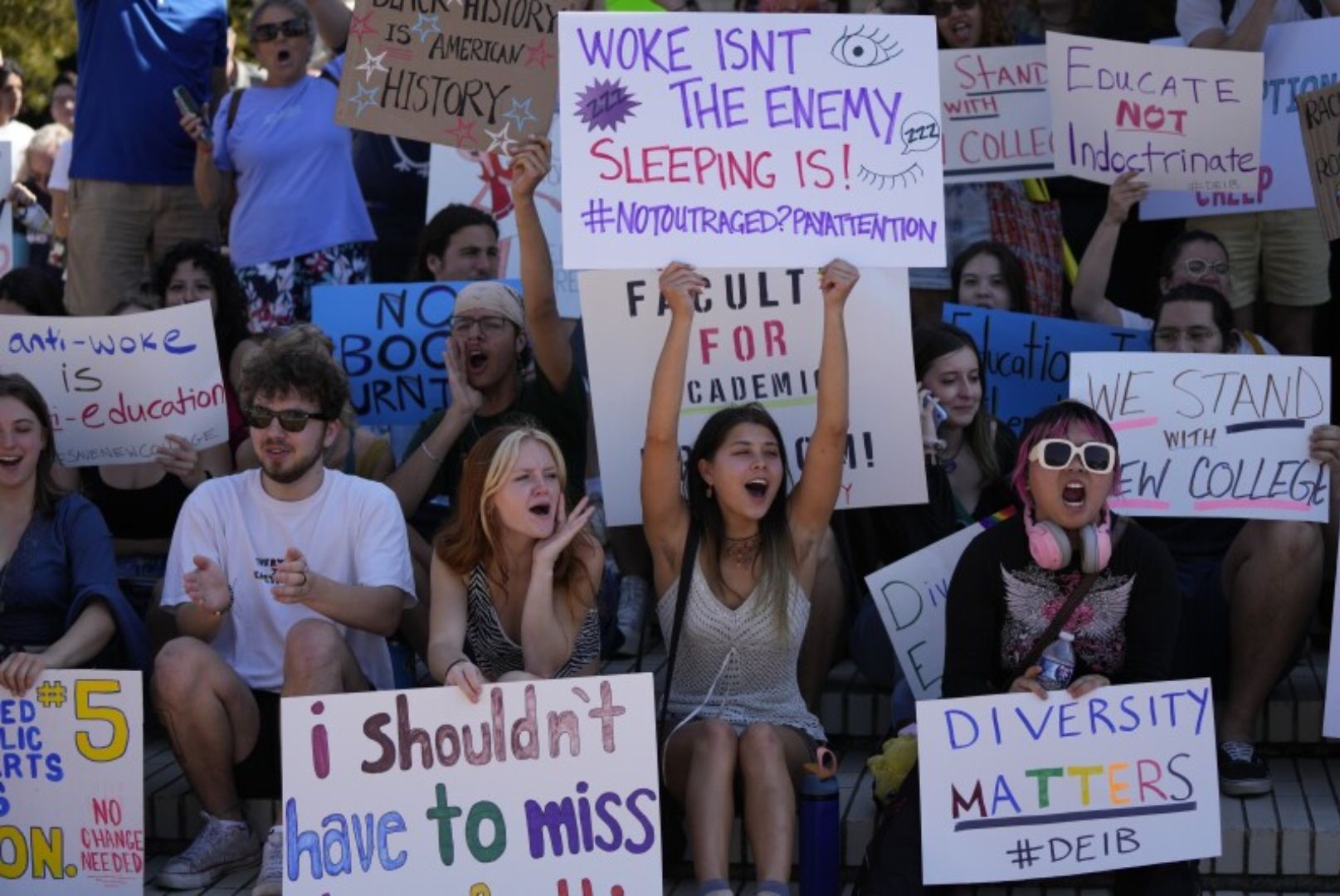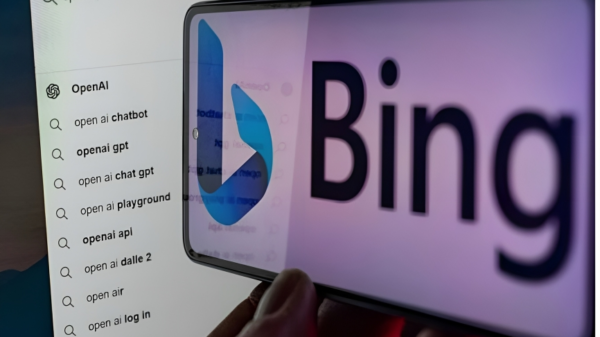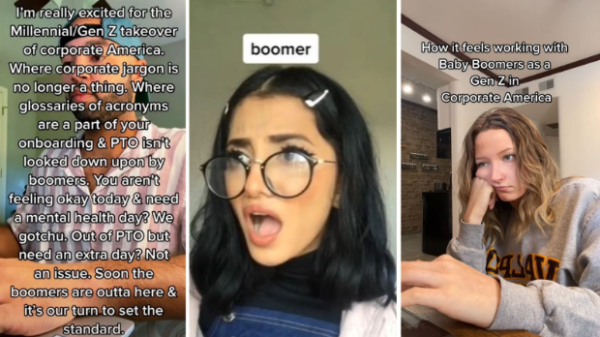While millennials are commonly associated with progressive and “woke” culture, there seems to be surprising support for the phrase “go woke, go broke.” According to a Redfield & Wilton Strategies for Newsweek poll, 63 percent of U.S. adults familiar with the phrase support it. Interestingly, this support is even higher among individuals aged 25 to 44. These findings challenge the stereotype that millennials overwhelmingly embrace social justice-oriented perspectives.
The term “woke” refers to being socially aware and actively engaged with societal issues, particularly those related to racial and social justice. There has been a recent rise in the phrase “go woke, go broke,” which criticizes companies seen as excessively emphasizing their progressive values. This criticism often stems from marketing strategies that target marginalized communities or attempt to promote inclusive ideals.
The fact that millennials, often seen as socially conscious individuals, support the phrase “go woke, go broke” is quite surprising. Previous surveys have shown that millennials are generally optimistic about the idea of a future majority black and minority ethnic population. Therefore, they tend to be more accepting of transgender people. However, a recent poll indicates that 72 percent of 25-34-year-olds and 70 percent of 35-44-year-olds agree with the sentiment expressed by the phrase “go woke, go broke.”
The older age groups seem less supportive of this viewpoint, with 51% of individuals aged 45-54 and 63% of those aged 55-64 agreeing. Among individuals aged 65 or over, the agreement rate was 57%. Interestingly, even among the younger demographic (18-24 years old), a significant majority (61%) agreed with this perspective. The phrase in question has gained popularity, particularly in criticisms towards companies like Bud Light, Target, and Bed Bath & Beyond. These companies have faced scrutiny for their recent advertising strategies, which some view as overly focused on social issues.
One recent incident that highlights the potential consequences of brand collaborations with transgender influencers is Bud Light’s partnership with Dylan Mulvaney. The brand commemorated Mulvaney’s one-year transition journey with a special edition can. Following this event, a noticeable drop in sales has occurred, and calls for a boycott have emerged. This situation has also impacted the sales of other brands of Anheuser-Busch, the parent company. Those supporting the boycott interpret this as evidence that embracing social causes may lead to financial setbacks with the “go woke, go broke” mantra.
However, there is a debate about the impact of the decline in Bud Light sales on its financial standing. Michel Doukeris, the global CEO of Anheuser-Busch InBev, acknowledged the decrease in Bud Light sales. He stated that it only accounted for approximately 1 percent of the company’s global volume. Financial analysts argue that Bud Light’s situation is relatively insignificant compared to the brewer’s overall revenue. As a result, opinions differ regarding what caused the drop in stock price.
The backlash against brands embracing “woke” culture is often portrayed as a conservative outcry. However, the decline in Bud Light sales and the results of the Newsweek poll suggest that this sentiment goes beyond just conservatives. Prominent conservatives have been vocal about their dislike for brands they see as too “woke.” It’s clear that resistance to wokeness is not limited to any one political group anymore.
According to a Newsweek poll, 71 percent of Trump supporters from the 2020 election agreed with the sentiment “go woke, go broke.” Similarly, 62 percent of Biden supporters also shared this view. This suggests that skepticism or outright rejection of perceived corporate wokeness extends beyond any specific political allegiance or ideology. Therefore, it can be seen as a sentiment that resonates universally more than commonly assumed.
The contrast between millennials, often associated with advocating for social justice and inclusivity, and their current support of the “go woke, go broke” mantra is intriguing. It reveals the complex and diverse perspectives within this demographic and challenges existing narratives about millennials and wokeness. In a time of heightened awareness in society and politics, the discussion surrounding ‘wokeness’ has evolved into a more nuanced conversation. The once binary concepts of corporate intent and social responsibility are now part of an ever-changing discourse.


















